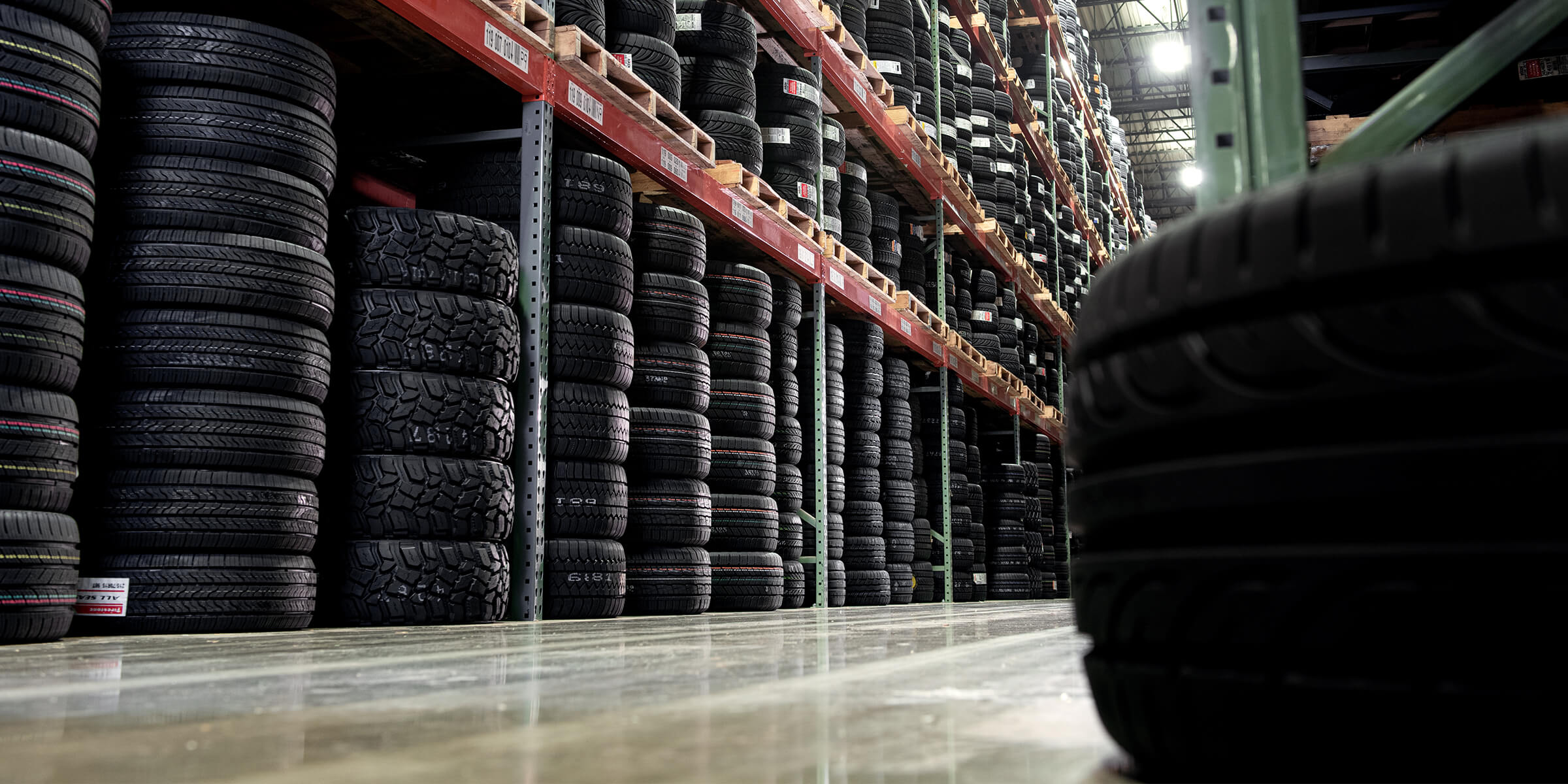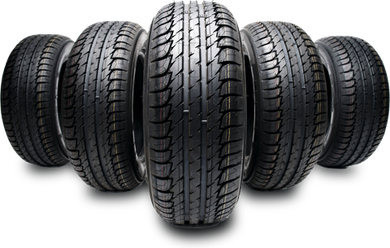High Quality Tire Shop Morris: Your Go-To Destination for Tire Demands
High Quality Tire Shop Morris: Your Go-To Destination for Tire Demands
Blog Article
Tire Solution: Understanding Tire Pressure Surveillance Systems
Recognizing Tire Stress Monitoring Systems (TPMS) is an important element of preserving optimum car efficiency and safety when traveling. With advancements in auto modern technology, TPMS has become a basic feature in modern vehicles, supplying real-time info on tire pressure degrees. Diving deeper right into the ins and outs of TPMS, one can uncover the numerous parts that compose this system and the value of each in guaranteeing accurate monitoring. From direct to indirect TPMS systems, the landscape of tire pressure surveillance is varied, each with its distinct set of benefits and factors to consider. Remain tuned to decipher the intricacies of TPMS, from maintenance pointers to the indisputable benefits of keeping your tires effectively inflated. morris tire and alignment.

Value of TPMS
The value of Tire Stress Monitoring Equipments (TPMS) depends on their ability to improve automobile safety and efficiency via real-time surveillance of tire pressure levels. Maintaining the proper tire pressure is vital for ensuring optimal handling, braking, and total safety and security of a vehicle. TPMS offers vehicle drivers with immediate feedback on any type of underinflated or overinflated tires, enabling for prompt adjustments to be made.
Parts of TPMS
Sensors are normally situated in the tire shutoff stem or connected to the wheel assembly, where they gauge tire stress and send information to the control component. Some advanced TPMS models also show the actual tire pressure analyses for each tire, offering motorists with real-time info to make certain optimum tire efficiency and safety and security. By keeping track of tire pressure continuously, TPMS helps prevent accidents, lowers tire wear, and improves gas performance, making it a crucial part for lorry safety and security and performance. morris tire and alignment.
Kinds Of TPMS

On the other hand, indirect TPMS depends on the lorry's wheel rate sensors to keep track of tire pressure. This system discovers underinflation by comparing the rotational speeds of the wheels. Indirect TPMS is much less costly than straight TPMS, as it utilizes existing sensing units within the car.
While straight TPMS offers a lot more accurate readings, indirect TPMS is less complex in style and typically needs much less maintenance. Both systems have their limitations and benefits, and the selection between them commonly depends on elements such as price, car make, and individual choice. Understanding the distinctions in between these two types of TPMS can aid vehicle owners make educated choices relating to tire upkeep and safety.
TPMS Maintenance Tips
Conduct routine checks on the tire pressure levels and contrast them with the TPMS readings to guarantee they are consistent. Throughout tire turning or replacement, make sure that the TPMS parts are managed very carefully to look at here now protect against any type of potential damages. If the TPMS warning light illuminates on the control panel, deal with the concern immediately by checking the tire pressures and the total system for any mistakes.
Advantages of Proper Tire Stress
Keeping appropriate tire stress, as emphasized in TPMS Upkeep Tips, is critical for reaping the many advantages associated with ideal tire stress levels. One of the main advantages of click over here now maintaining the appropriate tire stress is enhanced gas effectiveness. When tires are effectively inflated, there is less moving resistance, causing far better fuel economic climate. In addition, proper tire pressure ensures also tire wear, expanding the lifespan of the tires and promoting much safer driving problems. With the appropriate tire stress, automobiles also have far better handling and traction, especially in damaging weather conditions. This can improve general driving performance and security for the motorist and guests. Furthermore, maintaining optimal tire pressure can add to a smoother and a lot more comfy ride by decreasing vibrations and noise brought on by underinflated tires. In verdict, the advantages of correct tire stress go beyond just tire long life; they incorporate boosted fuel effectiveness, enhanced safety, far better lorry efficiency, and overall driving comfort.
Conclusion
To conclude, comprehending tire pressure surveillance systems (TPMS) is vital for maintaining optimum tire pressure and guaranteeing car safety and security. By recognizing the relevance of TPMS, recognizing with its parts, knowing the various types readily available, adhering to appropriate upkeep suggestions, and realizing the benefits of preserving correct tire stress, vehicle drivers can enhance their driving experience and lengthen the life-span of their tires. Proper tire pressure is essential to safe and reliable automobile procedure.

Report this page